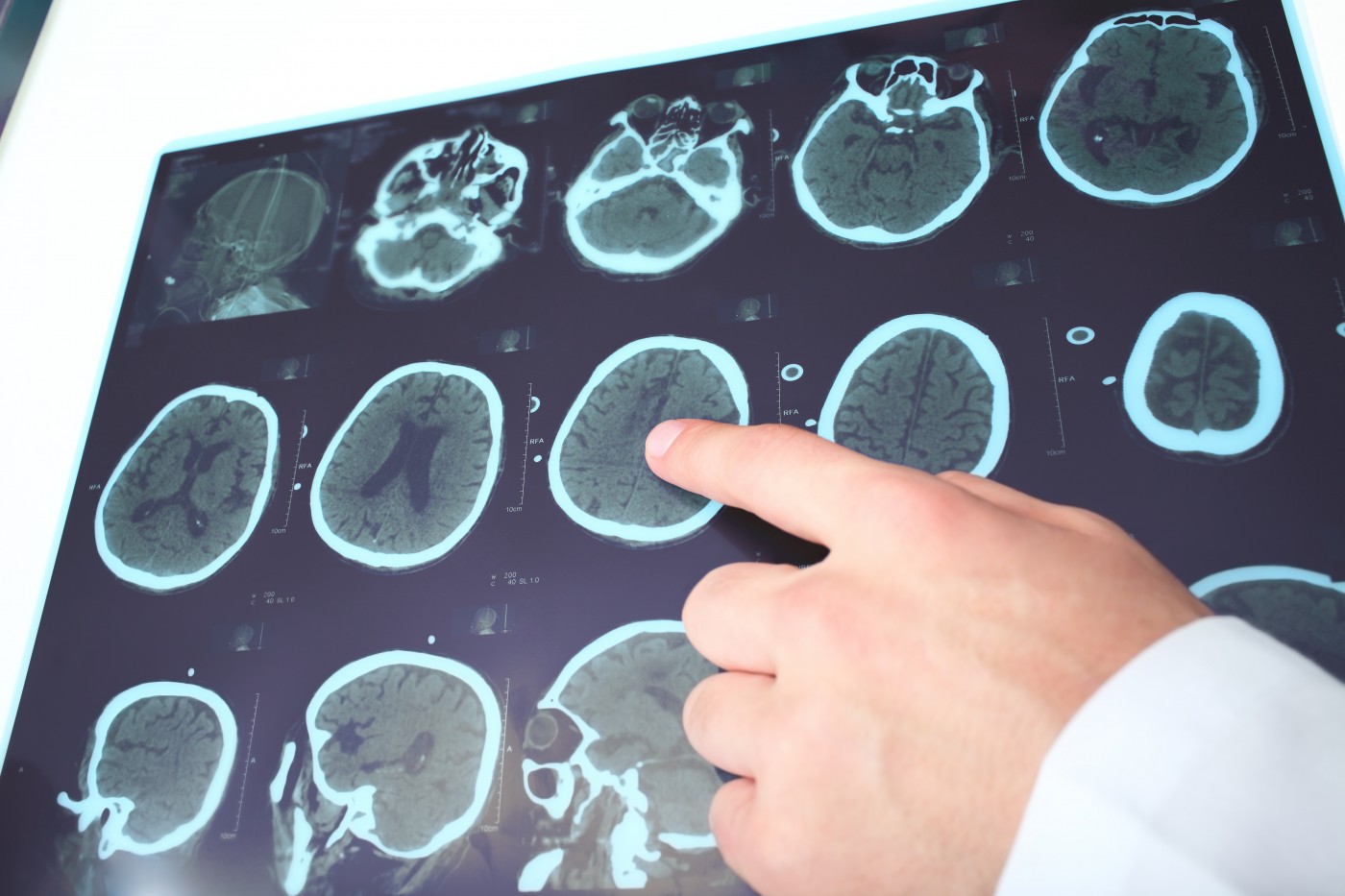Case Report of a New Mitochondrial Disease Linked to Desmin Gene

A study recently published in the journal Frontiers in Genetics reported on a case report of a man with a new mitochondrial disease associated with the desmin (DES) gene. The study is entitled “Desmin common mutation is associated with multi-systemic disease manifestations and depletion of mitochondria and mitochondrial DNA” and was conducted by researchers at The Children’s Hospital of Philadelphia and the Thomas Jefferson University Hospital Philadelphia.
The study reports the case of a 45-year-old man who presented to The Children’s Hospital of Philadelphia Mitochondrial-Genetics Diagnostic Clinic for assessment of a suspected mitochondrial disease based on the patient’s symptoms — cardiac, gastrointestinal, neuromuscular and mood disorders. The patient had a pacemaker placed at 30 years of age due to cardiac problems, yet his cardiac function still continued to deteriorate. The individual experienced progressive leg weakness and was no longer able to run by the age of 45. The patient was diagnosed with distal myopathy (muscular disorder) and mild neuropathy (disorder in the peripheral nerves). Muscle biopsy results suggested a mitochondrial myopathy, with muscle cells having a pronounced decrease in mitochondrial content (16% compared to the control) and mitochondrial DNA (of 35%).
The patient’s family history revealed cardiac conditions and myopathy in several maternal relatives. Sequencing studies were unrevealing regarding known deleterious mutations or deletions; however, a particular mutation (p.S13F) in the DES gene was identified by whole exome sequencing. DES is a key scaffolding protein in muscles that anchors mitochondria. The p.S13F mutation is known to be associated with desmin-related myopathy, a condition characterized by muscle weakness, arrhythmias and right ventricular hypertrophic cardiomyopathy (disorder in which the heart muscle function becomes compromised).
The results are relevant because mutations in the DES gene have not been previously identified as a cause of multi-systemic mitochondrial disease, and symptoms like neuropathy and depletion of both mitochondria and mitochondrial DNA have not been previously associated with desmin-related myopathy.
The team concluded that mitochondrial dysfunction occurs in desmin-related myopathy, making it a new mitochondrial disorder. In this way, the team suggests that therapies aimed at improving mitochondrial function could be effective therapeutic strategies to improve the effects associated with the often fatal desmin-related myopathy. Researchers also hypothesize that there might be other neuromuscular diseases caused by mutations in structural proteins that directly interact with the mitochondria.






